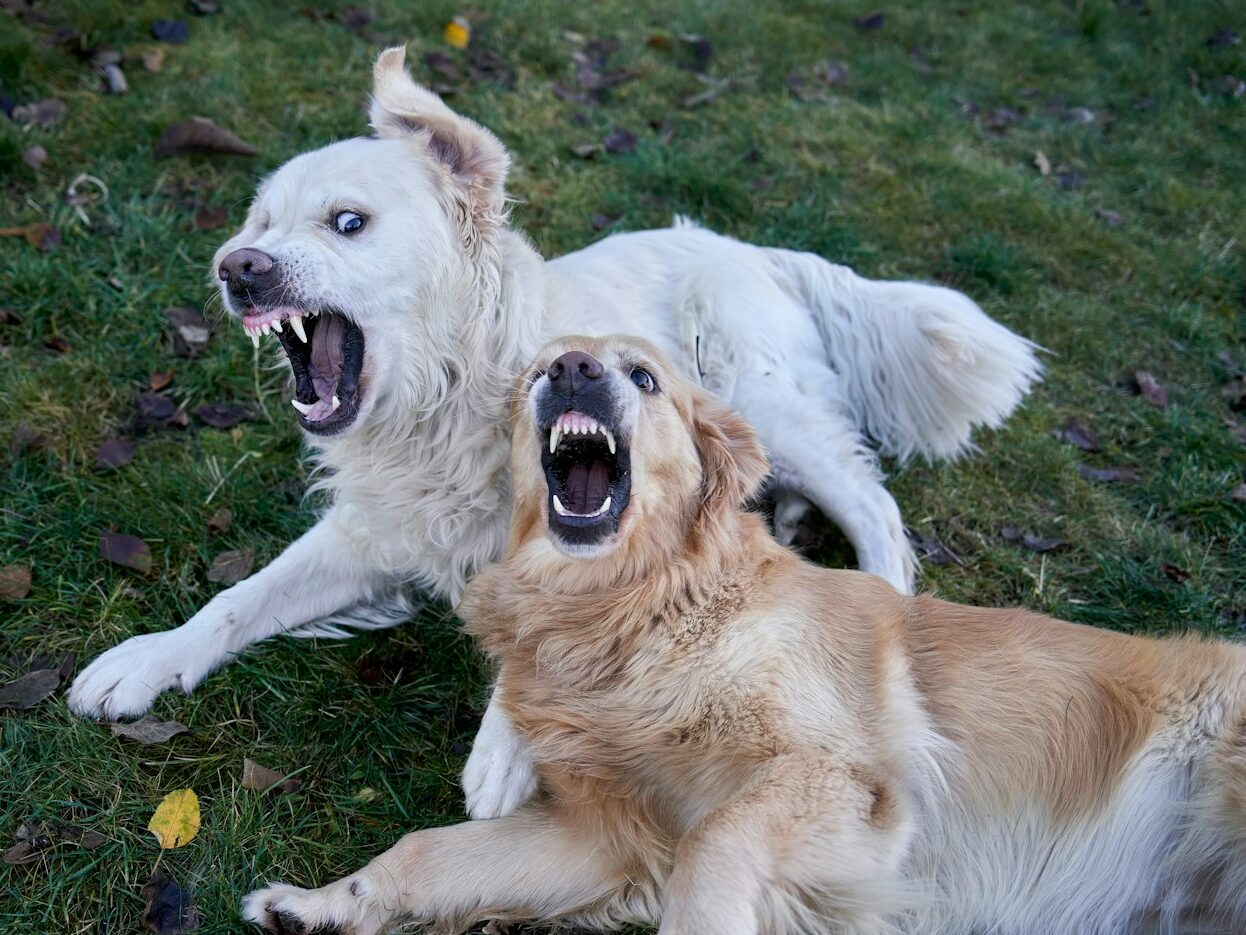
Dogs love in ways that rarely ask for much — time, kindness, and the feeling of belonging. They don’t hold grudges or second-guess affection. They just stay, watching your moods, your footsteps, your tone. That’s why it’s easy to forget how deeply they notice everything you do. Sometimes, the things that hurt them most are the ones that look harmless to us.
Leaving Without Saying Goodbye
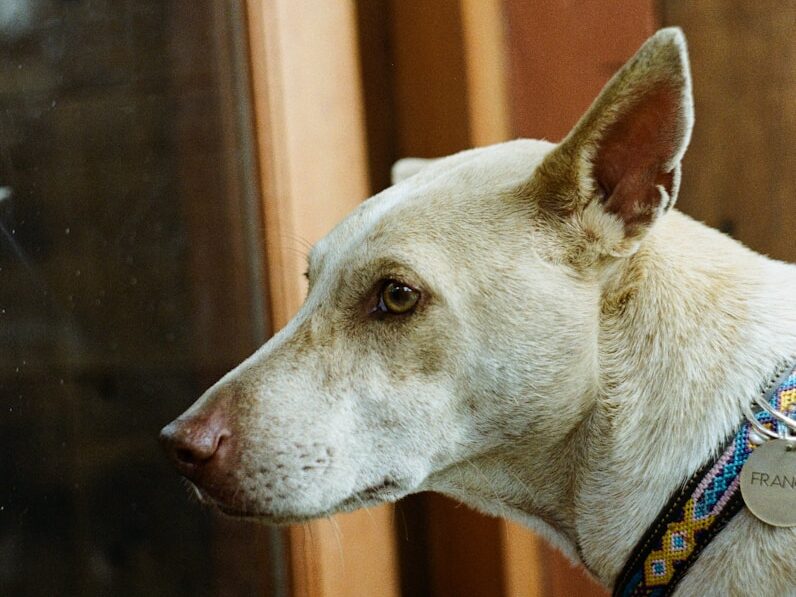
Dogs don’t understand sudden absences. When you rush out the door without a word, they wait longer than you think, listening for sounds that mean you’re coming back. To them, every goodbye feels real until proven otherwise. A few seconds of attention before leaving tells them they still matter even when you go, and that the silence that follows isn’t punishment — it’s just time until they see you again.
Shouting When You’re Frustrated

They don’t know what you’re saying — only how it feels. When you yell, the sound alone can make their body stiffen and their ears lower. They don’t connect it to behavior; they connect it to fear. Your anger doesn’t teach them — it just makes the world louder and less safe. Over time, they learn to flinch at tones that once meant affection, unsure when the next storm will come.
Ignoring Them When They’re Seeking Comfort

Sometimes they approach quietly, nudging your hand or resting near your feet. You’re tired, scrolling, or lost in your thoughts. You think they’ll understand that they’ll try again later. But to them, your distance means rejection. That small moment lingers longer than you realize. It teaches them that sometimes love asks but doesn’t get answered.
Not Letting Them Sniff on Walks
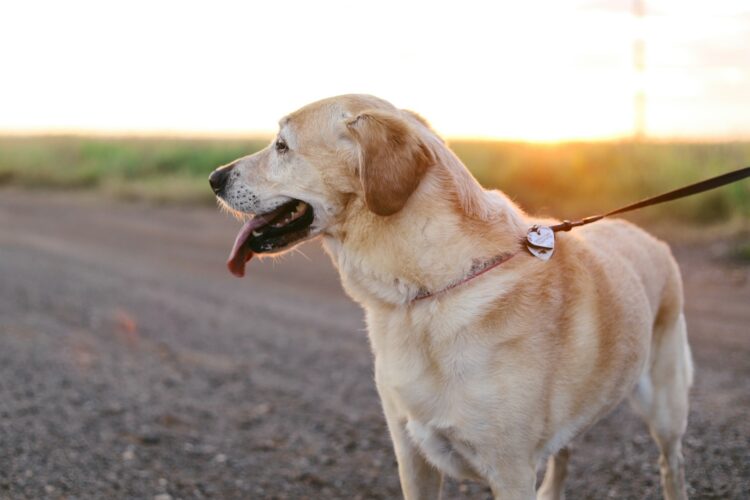
Walks are their stories, their news, their entire social world. Every scent is a headline, a memory, a message left by another dog hours earlier. When you rush them, pulling the leash tight because you’re in a hurry, you turn their favorite ritual into a chore. They aren’t just sniffing grass, but also reading life. To them, cutting it short feels like being silenced mid-sentence.
Forgetting They Get Bored Too

They sleep all day, not because they want to, but because there’s nothing else to do. No games, no change in scenery, no new challenges. Dogs crave stimulation the way we crave purpose. When they seem lazy, they’re often just waiting for something to happen. A few minutes of play or a short drive somewhere new can light them up again. Without it, days blur into quiet sameness.
Using Crates or “Time-Outs” as Punishment

Crates should feel like refuge, not exile. When they’re sent there for being “bad,” they don’t reflect — they withdraw. It teaches them that their safe place is conditional, that love has walls. The crate becomes confusing, not comforting, and they sit in silence, wondering what mistake made the world shrink that small.
Expecting Them To Be Calm All the Time
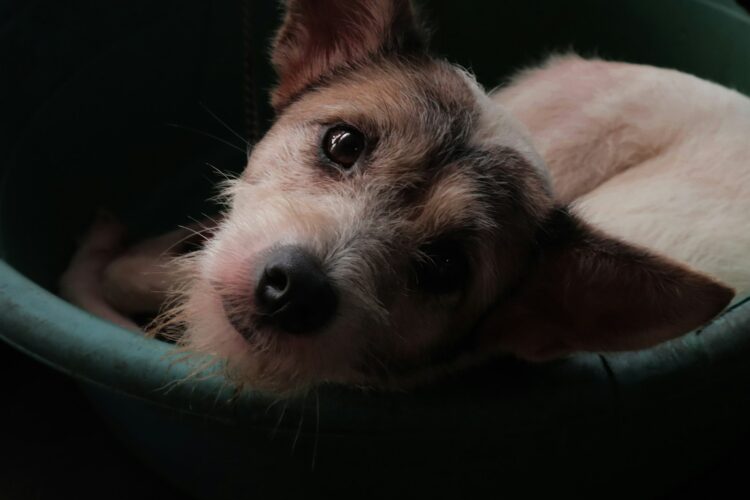
We ask for quiet, still, obedient — forgetting that movement is joy for them. Dogs were born to chase, explore, and express life through motion. When they get bursts of energy after hours of stillness, that’s not misbehavior — it’s relief. Expecting constant calm is like asking them not to be alive. What they need isn’t correction, but outlets for the energy that love alone can’t drain.
Punishing Growling
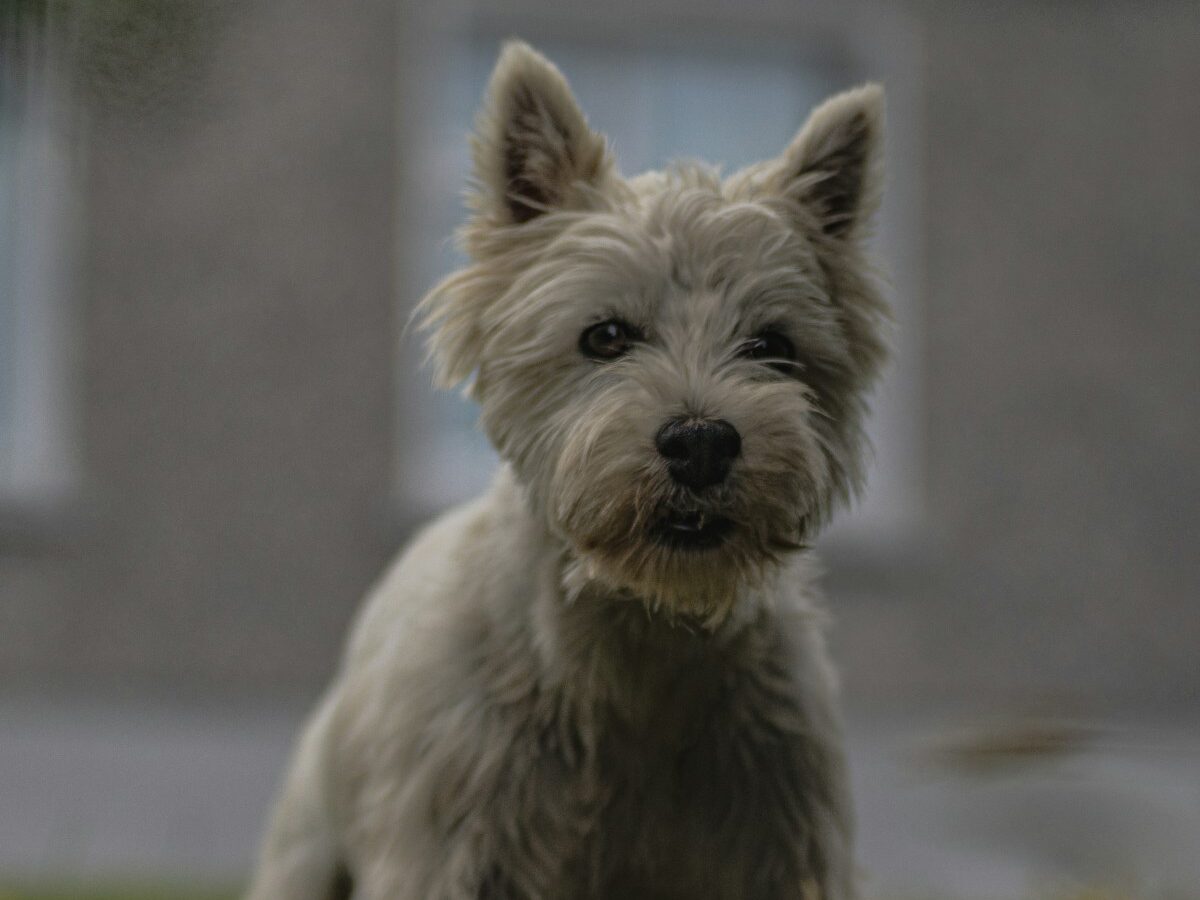
A growl isn’t defiance — it’s language. It’s their way of saying “I’m scared” or “Please stop.” Punishing it doesn’t remove the fear; it removes their ability to warn you. One day, they’ll skip the growl altogether and go straight to defense, because they learned speaking up gets them in trouble. You don’t want a quiet dog. You want one who trusts you enough to tell the truth.
Assuming Food Equals Love

Treats are easy; presence is harder. Many people feed affection instead of showing it, tossing biscuits in place of time. But dogs don’t measure love in snacks — they measure it in attention. Sitting on the floor, making eye contact, letting them lean into you — those are the real rewards. A cookie lasts seconds; a connection lasts all day.
Ignoring Changes in Behavior
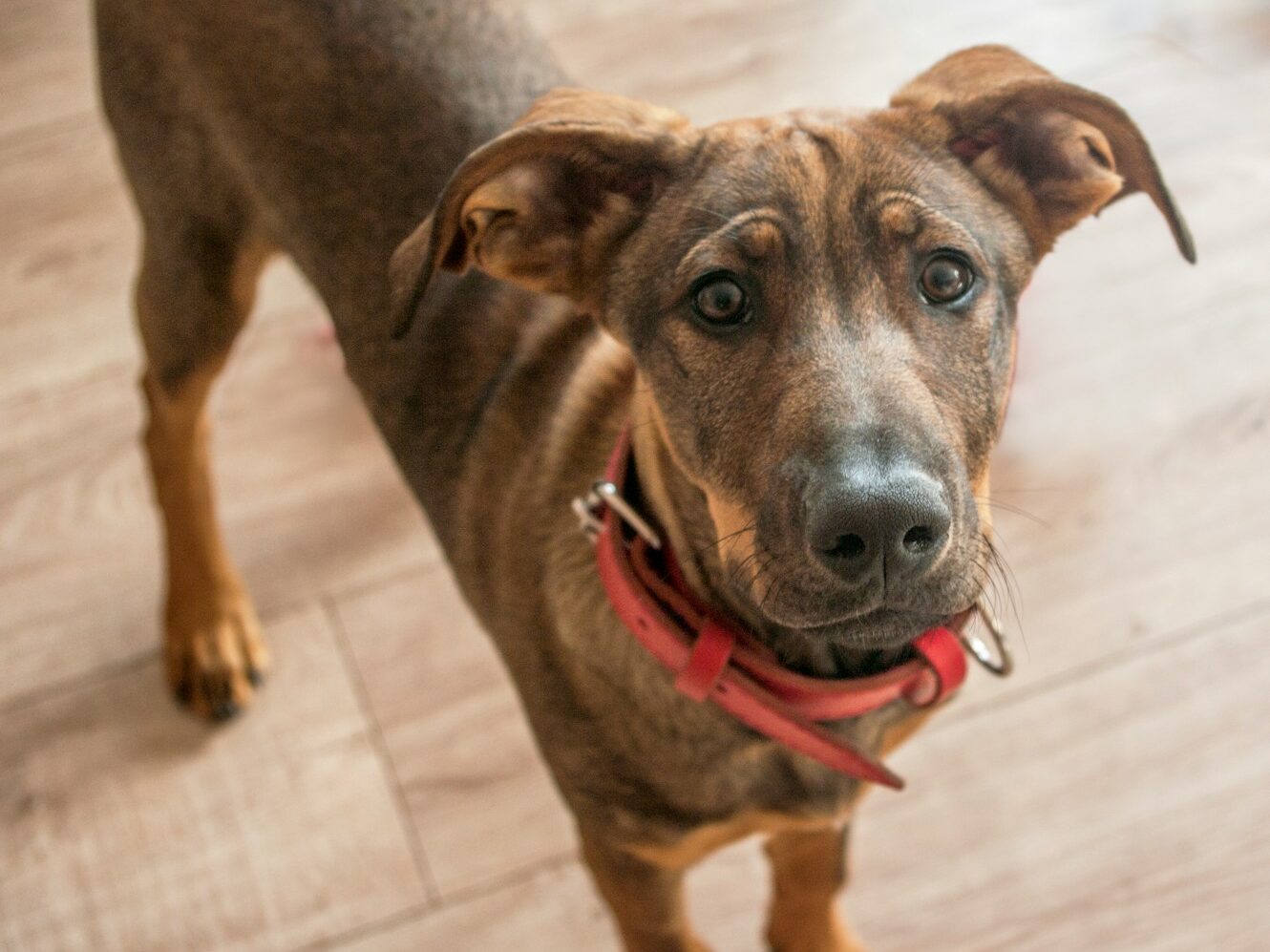
They can’t tell you what’s wrong, so they show you. Eating less, pacing more, sleeping in strange spots — it’s their only language. When you brush it off as “acting weird,” you miss their version of a cry for help. Dogs endure pain quietly until someone notices. Listening means seeing the pattern before the silence becomes permanent.
Treating Training as a Chore
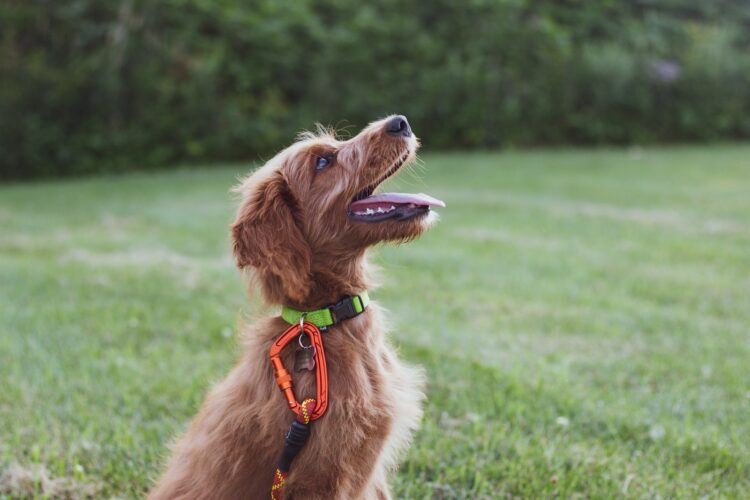
Training isn’t about control; it’s about communication. Each “sit,” “stay,” or “come” builds a bridge of trust and understanding. When it’s rushed or done in frustration, that bridge cracks. What feels like obedience to you feels like connection to them. Training done with patience tells them they’re safe learning beside you, not afraid of failing in front of you.
Laughing When They’re Scared

Fear is never funny to the one feeling it. Yet people sometimes laugh when their dog trembles at thunder, hides from a vacuum, or flinches from something new. They record it like a moment of comedy, not realizing they’ve just told their dog that fear gets met with laughter. The next time they’re scared, they’ll hide deeper — not from noise, but from shame.
Keeping Them Home Alone for Too Long

They don’t understand errands, commutes, or long days. They just know the sound of the door closing and the long quiet that follows. Even if they stop whining, that’s not peace — it’s resignation. Loneliness doesn’t always bark; sometimes it just sleeps. The more time they spend waiting, the less they expect the sound of footsteps to come back soon.
Replacing Time With Toys
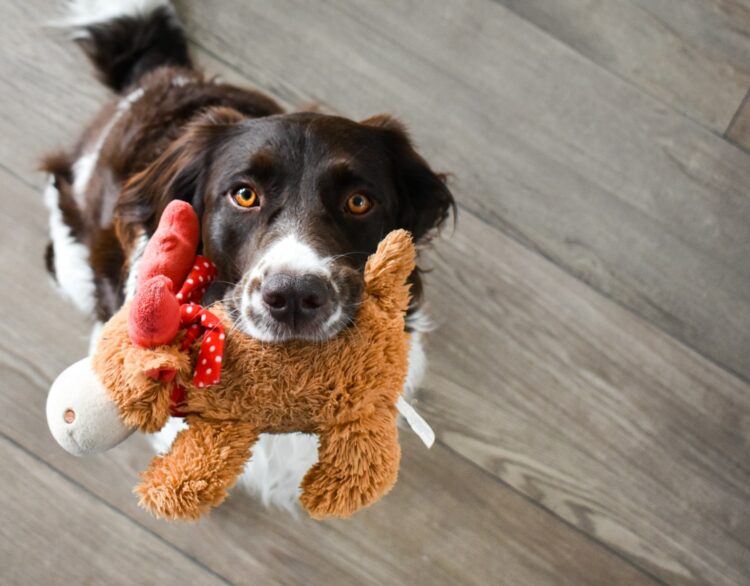
Toys fill space, not hearts. You can buy a dozen, and they’ll still wait for you by the window. Dogs don’t care about things — they care about presence. A toy tossed half-heartedly isn’t play; it’s proof you’re distracted. They’d rather chase the same ball with your full attention than a new one you didn’t watch them catch.
Forgetting They Age Faster Than You Do

Their lives unfold in fast motion. Puppy, adult, senior — all within what feels like a single stretch of your own years. One day, they’ll walk slower, breathe heavier, and sleep longer. The moments that used to be background — the way they stretch, the sound of their paws, the look that says “I’m still here” — will become the things you ache to hear again. Don’t wait for goodbye to realize they were never “just a dog.” They were a small heartbeat that chose to live beside yours.

